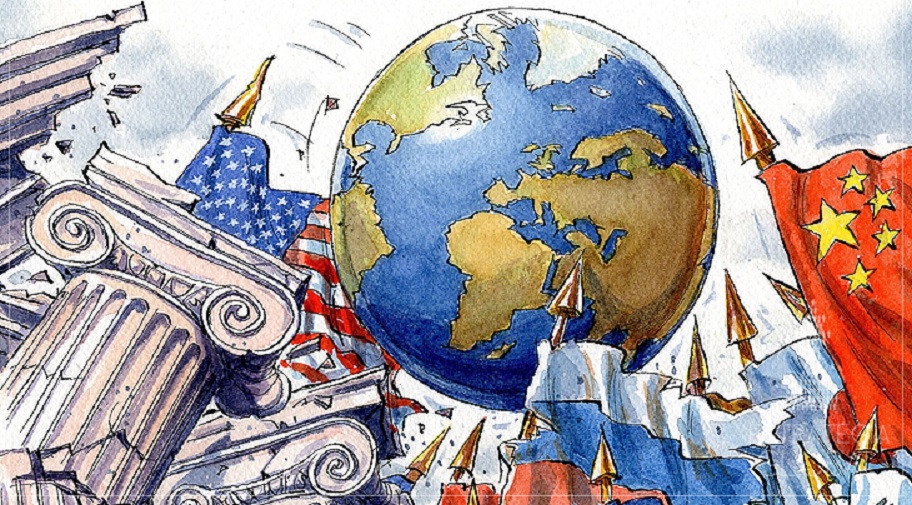By Fernanda Magnotta
That is what Fernanda Magnotta, professor and coordinator of the International Relations course at Fundação Armando Alvares Penteado (FAAP), says in an interview for Canal UM BRASIL, a FecomercioSP project.
Characterized by the existence of three or more powers, the multipolar world is an unstable and insecure one since it provides the possibility of conflict among countries that, in their search for hegemony, wish to impose themselves over others.
In this context, nations outside this dispute, such as Brazil, can help write new definitions of the international order. However, to insert itself in a relevant way in the global scenario, it is necessary to be pragmatic when conducting foreign policy.
In Magnotta’s evaluation, the current conjuncture is challenging, considering that the United States, China, Russia, and the European Union share the protagonism, in terms of power, throughout the planet.

“Historically, the moments of greatest conflict, including world wars, were those in which multipolarity prevailed,” she stresses.
“Multipolarity is the most inviting environment for conflict between powers,” she reinforces.
The International Relations specialist explains that two powers in the world cancel each other out for fear of triggering a process of mutual destruction even if they try to expand their zones of influence.
In another situation, where only one country holds the cards, the others fear confronting the superpower due to economic, technological, and military disparity.
On the other hand, the multipolar world, such as the current one, presents itself as the most uncertain and dangerous form of power distribution.
“It is the most unstable model because we have more or less the same size in three or more countries.”
“None of them is strong enough to impose itself over the others; the possibility of mutually assured destruction generates no balance. In practice, everyone wants, at some point, to be able to overlap to establish a hegemonic model that suits them,” she summarizes.
In this way, Magnotta points out that, as the powers want to increase their capacities, an environment of tension is created and of possible concrete confrontations – in some cases, indirect ones, such as the war in Ukraine.
“It is a conflict that puts in check the international order as a whole, the set of values, principles, and structures that were organizing and defining the standards within the system,” she points out.
According to the professor, since a nation does not impose a system in a sovereign position over the others, the multipolarity context forces the revision of international structures, including opening space for emerging economies.
“It is possible to participate in the elaboration of the rules. So, Brazil could plead and aspire to have a place at the negotiating table to redesign this order,” she points out.
However, especially in conjunctures such as the current one, Fernanda Magnotta points out that the country should adopt a foreign policy focused on efficiency and risk reduction.
“Brazil would need to take a very pragmatic foreign policy view because the risk is to bet all the chips in the same basket, getting attached to one actor and ignoring the existence of others.
“The world is unstable, so it is necessary to maintain relationships with several actors simultaneously and not bet all your chips on a single ally,” she affirms.
With information from Um Brasil

